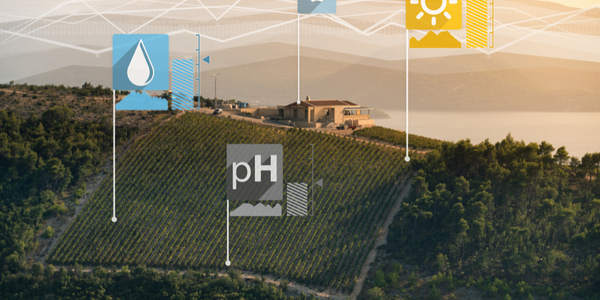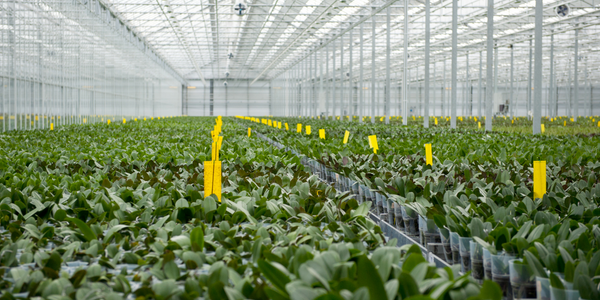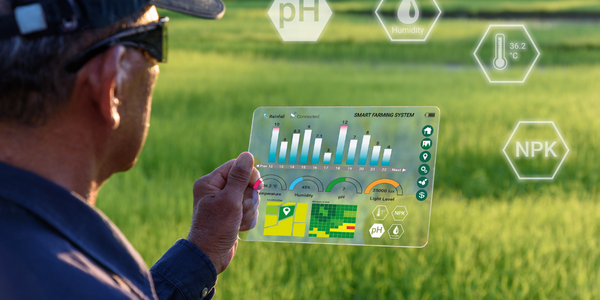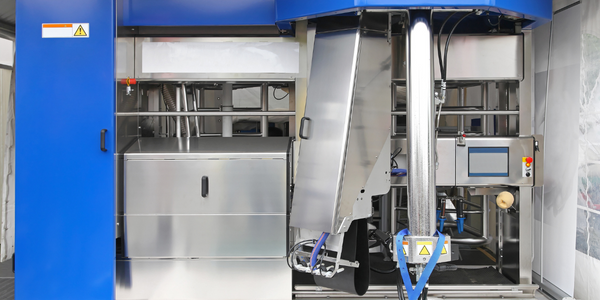Download PDF
Barry Callebaut's Global Network Security Enhancement with Zscaler
Technology Category
- Cybersecurity & Privacy - Malware Protection
- Infrastructure as a Service (IaaS) - Cloud Databases
Applicable Industries
- Agriculture
- National Security & Defense
Applicable Functions
- Facility Management
Use Cases
- Tamper Detection
- Traffic Monitoring
Services
- Cloud Planning, Design & Implementation Services
The Challenge
Barry Callebaut, a leading global supplier of high-quality chocolate and cocoa products, faced a significant challenge in integrating 12 international locations with 1600 employees into the company network and providing secure Internet access within a six-month timeframe. This was due to a major acquisition of the cocoa production business of Delfi Cocoa in 2013. The company, with over 85 connected sites worldwide, was also dealing with growing concerns about malware threats and cyber risks at the management level. These concerns were compounded by employee complaints about bandwidth congestion for corporate applications. This situation prompted the company to seek new tools that would enable the IT organization to gain insight into bandwidth consumption and control the usage of non-business-related applications in the social media age. The company needed guaranteed bandwidth for corporate applications and the ability to block unwanted traffic causing congestion.
About The Customer
Barry Callebaut is the world’s leading supplier of high-quality chocolate and cocoa products, with over 9300 employees operating out of more than 30 countries. The company has a history of over 175 years and operates more than 50 production facilities worldwide. It serves the entire food industry, from food manufacturers to global retailers to professional users of chocolate such as chocolatiers, pastry chefs, or bakers. The multinational company was looking to protect its staff and assets and provide reliable bandwidth for business operations. It is a highly distributed company with more than 85 connected sites spanning the globe from Brazil to EMEA to The Philippines.
The Solution
Barry Callebaut turned to Zscaler’s Internet Security Platform to address their challenges. This cloud-based model was chosen for its ability to meet new security requirements, allow fast deployment, and provide flexibility for future growth. The solution aimed to optimize network performance by implementing Web 2.0 policies that restricted social media access during working hours. The highly integrated solution provided a streamlined migration path for remote locations across the globe, delivered as a managed service. Barry Callebaut now benefits from a single point of contact at the service provider and has gained new visibility into critical aspects of their network with the Zscaler administration and reporting dashboard. Zscaler’s Web Security Suite provides extensive scanning functionality against modern malware threats, which are detected and blocked in the cloud. URL filtering and Web 2.0 features are applied based on new global company policies.
Operational Impact
Quantitative Benefit
Related Case Studies.

Case Study
Intelligent Farming with ThingWorx Analytics
Z Farms was facing three challenges: costly irrigation systems with water as a limited resource, narrow optimal ranges of soil moisture for growth with difficult maintenance and farm operators could not simply turn on irrigation systems like a faucet.

Case Study
Greenhouse Intelligent Monitoring and Control Solution
Farming Orchids is the most successful form of precision farming in Taiwan, and also the most exported flower. Orchids need a specific temperature and humidity conditions to grow and bloom, and its flowering time may not be in line with market demands, so the price collapses when there is overproduction. Therefore, some farmers began to import automated greenhouse control systems for breeding and forcing, which not only improves quality, but also effectively controls the production period and yield to ensure revenue. In 2012, an orchid farmer built a Forcing Greenhouse of about 200 pings (approximately 661 Square Meters) in Tainan, Taiwan. The system integrator adopted Advantech’s APAX-5000 series programmable automation controllers to build the control platform, coupled with Advantech WebAccess HMI/SCADA software, to achieve cloud monitoring. The staff of the orchid field can monitor important data anytime via smart phone, iPad, and other handheld devices, and control the growth and flowering conditions. System requirements: In the past, most environmental control systems of orchid greenhouses in Taiwan used PLCs (Programmable Logic Controller) with poorscalability and control, and could not be connected to the Internet formonitoring from the cloud. For advanced database analysis and networking capability, the PC platform must be adopted. Therefore, PAC Systems (Programmable Automation Controller) with both PLC programming capabilities andPC functions is a better choice.The environmental control of the Orchid greenhouse switches on and off devices like fan, shade net, cooling/heat pump, liquid flow control, water-cooling wall etc. It is controlled by a control panel of electric controllers, and is driven by a motor, to adjust the greenhouse temperature, humidity, and other environmental conditions to the set parameters.

Case Study
Enabling Internet of Things Innovation in Agriculture
DigiBale, wanted to apply technology know-how and IP from implementations successfully to more agriculture sectors including cotton, forestry, sugarcane and cattle. However, farmers and growers still have worries about the connected technology.

Case Study
Precision beekeeping with wireless temperature monitoring
Honeybees are insects of large economic value and provide a vital service to agriculture by pollinating a variety of crops. In addition, bees provide us with valuable products such as honey, beeswax, propolis, bee venom, etc. Monitoring of honeybee colony health, population, productivity, and environmental conditions affecting the colony health have always been exceedingly difficult tasks in apiculture. Research has shown that even small deviations (by more than 2°C) from the optimal temperatures have a significant influence on the development of the brood and the health of adult bees.







